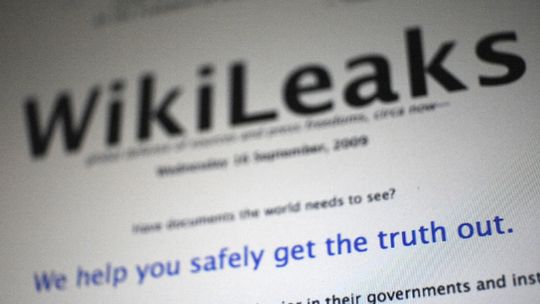
So the final lecture before our exam was Investigative Journalism, obviously discussing investigative style journalism.
Bruce dissected the word INVESTIGATIVE into just IN and broke down meanings under this umbrella term.
the 'INs' of investigative includes:
INtelligent - how does it fit into the 3 headed monster of money, sex and monster (or where all the investigating happens), one has to be careful and intelligent otherwise it could lead to legal action e.g getting sued.
INformed - you have to research, if not you will miss the real story and who the real players are.
INtuitive - like nature and nurture, intuition is something that cannot be taught so when investigating you need to be a 'sticky beak'. This can develop by experience.
INside - To find out what people are doing, getting inside their heads and minds and getting intimately close to people involved.
INvest - ultimately their is an investment of time (as well as money and research). You have to invest in relationships and put in time and effort for the story to pay off
The lecture then explained some deeper meanings and purpose of Investigative Journalism
Investigative Journalism can be explained by a critical and thorough form of journalism, where the journalist is an active participant of what is going on, including not just writing but becoming involved with the whole thing (or having an active intervention), whilst investing much time and effort.
or as 'custodians of conscience' (Ettema and Glasser) : investigation takes society's morals and norms and holds breaches up to public scrutiny; in other words, what they call 'civic vice' is exposed for society to respond.
This provides voice to those who don't have one, whilst holding higher powers accountable. Therefore there is an element of social justice as journalism have the means in print and broadcasting media.
The term fourth estate branches from this and describes journalists that represent the interests of those without power to balance the power of the government. Ultimately their aim is to show the government what society thinks and believes.
There is also journalists aptly names 'Watchdogs' as they make public personalities and institutions whose function impact social and political life accountable.
Moving on, the lecture then explained primary and secondary levels of investigative journalism. Under the primary level falls active intervention, exposure, public interest and fourth estate/watchdog which were all explained earlier.
They lecture then explained the term 'trailblazer' using examples such as Juilian Asange (founder of wikileaks) and Australain story as the story is always in the person's own words.

So why do we investigate?
it is necessary to investigate to ensure:
we have the right facts, nothing is assumed, and to make sure that what you saw, what you were told and what you recorded all lines up.
Investigative journalism is exposed to multiple threats. Online news (official and unoffical) and less money allocated therefore leading to less journalist, setting off a chain reaction meaning less time and less investigation. Another battle Investigative Journalism faces is between them and PR. As there is a growth in PR there is a shrinkage in Investigative Journalism.
To gain a better understanding of PR's role in the media, I found this link helpful:
http://www.corporatewatch.org/?lid=1572
No comments:
Post a Comment